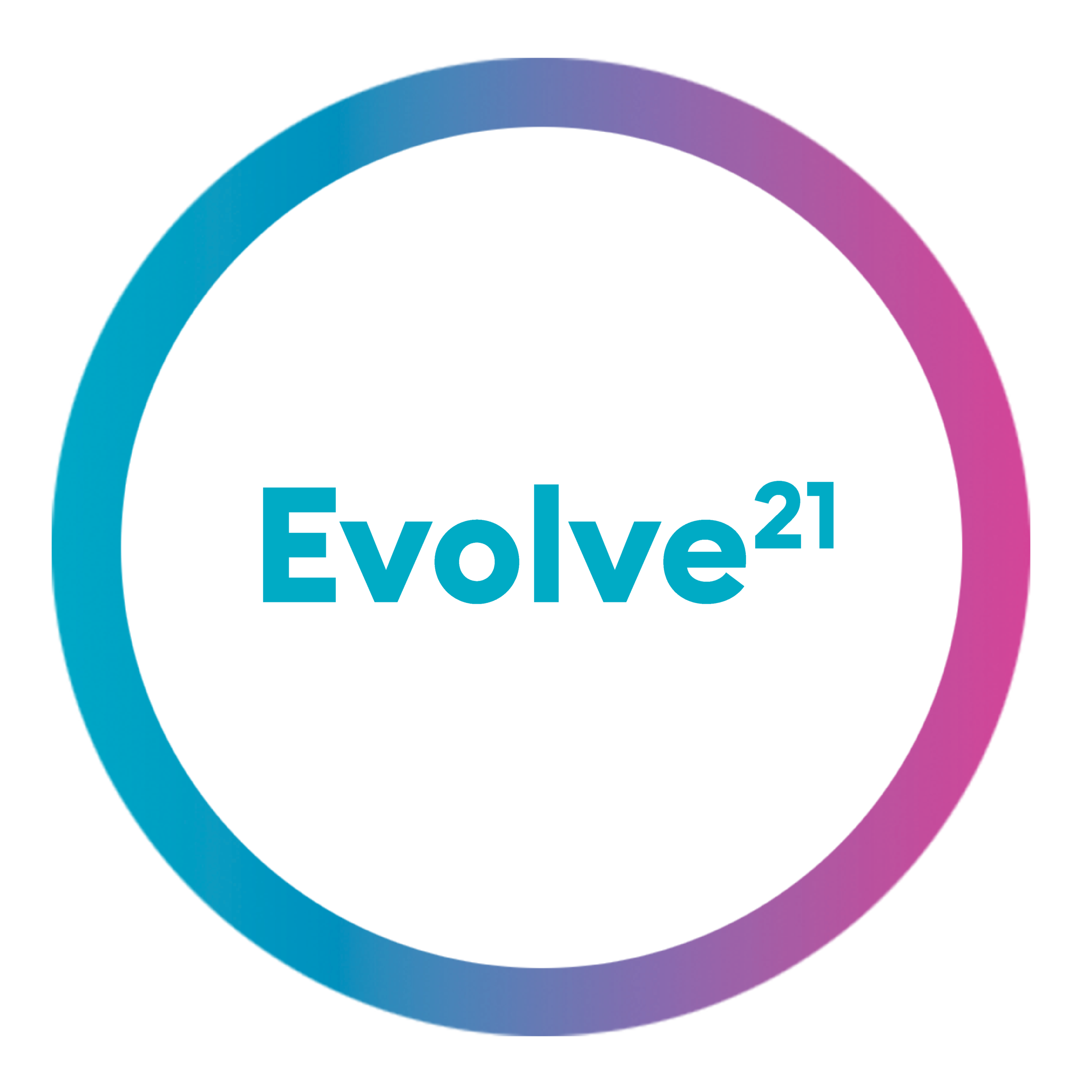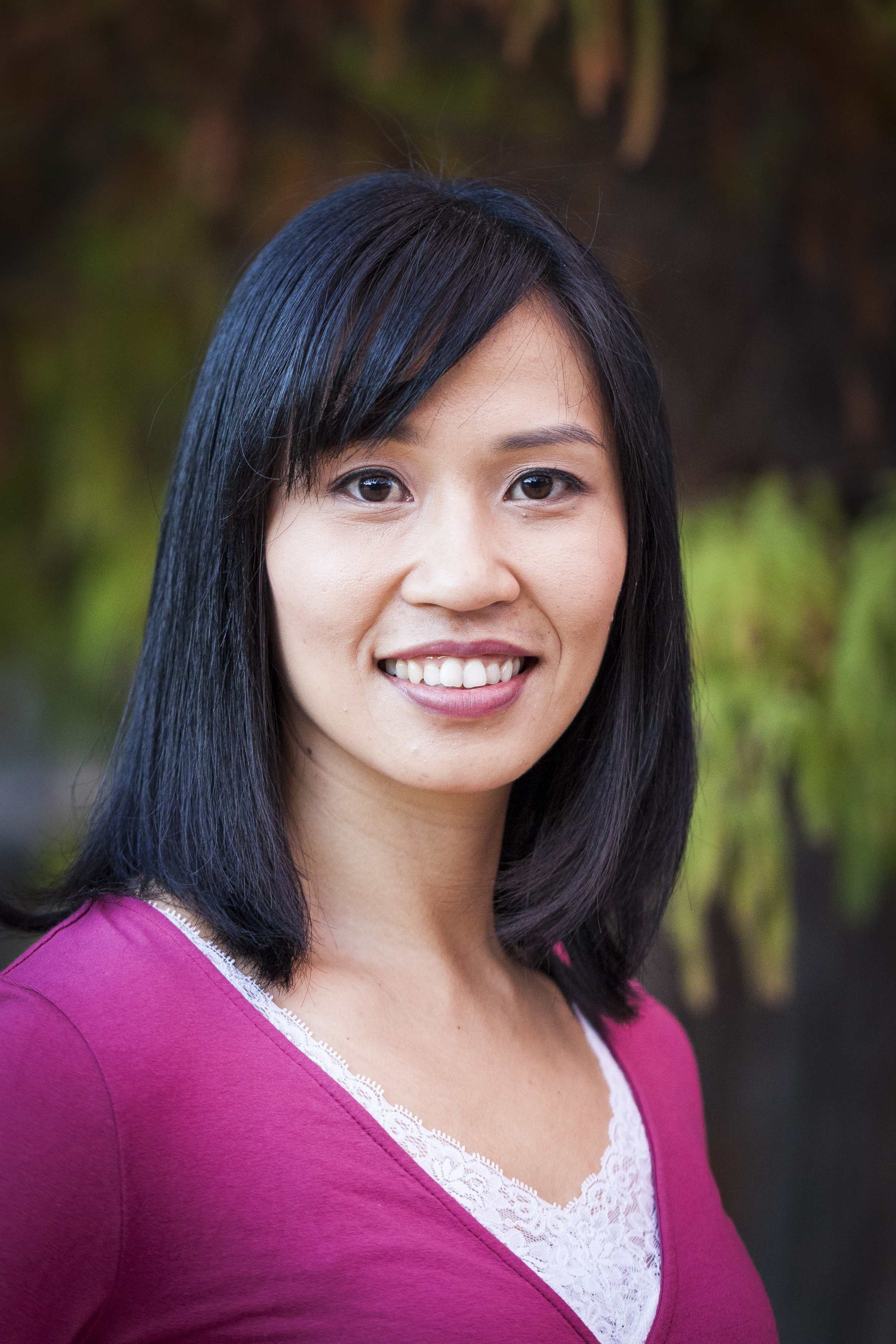Yoga designed for people of all abilities
Catherine Mak
“The success of Yoga does not lie in the ability to perform postures but in how it positively changes the way we live our life and our relationships.” ― T.K.V. Desikachar
Catherine is a registered psychologist and long-time yoga practitioner and teacher who has a strong focus on holistic approaches to treatment and care. She has a passion for supporting people by helping them connect with their strengths and overcome challenges to achieve their goals and personal growth.
Catherine experienced the benefits of mindfulness and yoga first hand and noticed the joy it brought to people who practiced it. This inspired her to undertake formal yoga training in the Krishnamacharya tradition with Viniyoga Australia’s Leanne Davis (Yoga Australia president). There are some characteristics that differentiate the Krishnamacharya tradition from other yoga asana practice. It emphasises function over form and the importance of modifying postures to suit individuals, focussing on connecting body, breath and mind by coordinating breath with movement. This connection enhances awareness, flow, and brings about opportunities to discover our inner stability and peace.
Catherine developed a Mindfulness-based Yoga program, MiYoga, based on Viniyoga principals (Krishnamacharya tradition) for children with cerebral palsy and their families as part of her PhD project.
Catherine is deeply grateful to be able to share evidence-based MiYoga techniques with people of all abilities.
MiYoga
MiYoga was developed to offer a unique learning environment for children with cerebral palsy and their parents. It was designed to enhance attention and awareness while providing some physical and psychological benefits. MiYoga consists of a series of integrated yoga postures with an emphasis on the breath and mindful awareness.
MiYoga was tested in a randomised controlled trial with children and adolescents with cerebral palsy and their parents. Both children and parents reported positive experiences with MiYoga. The results so far show that children and adolescents who completed 8-weeks of MiYoga had significantly better attention, were more consistent in their performance, and were less impulsive than children and adolescents who were yet to complete MiYoga.

